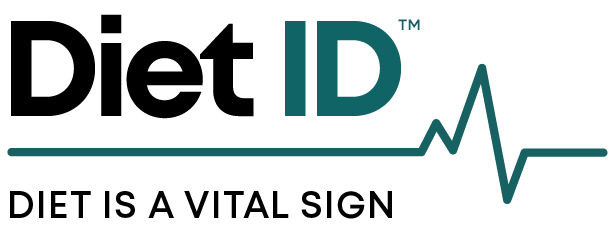Do any of these sound familiar?
Cleaning up after breakfast, you’re about to put the juice carton back in the fridge but there’s hardly any in there -- it seems silly to put it away. So you swig the remaining ⅓ cup.
Someone brought mini muffins to the morning meeting. You always resist -- so what’s the harm in one little bite? Help yourself to one…. Or two.
Your lunch arrives and you discover that cheese is on your sandwich, even though you requested no cheese. Oh well, might as well eat it.
Help yourself to two thank-you chocolate candies at the bank. After all, they're free... And you walked all the way there, so you burned the calories!
Stop for an iced tea while running errands on a hot day. It’s not like it’s a soda!
Your friend brings you homemade cookies and insists you try one. You can’t hurt her feelings!
Sample several spoonfuls of mashed potatoes while cooking dinner -- you need to make sure the seasoning is right!
Clearing the dinner table, polish off your child’s last few bites of pasta left behind – after all, it’s a sin to waste!
A natural tendency to justify indulging in those unexpected opportunities, compounded by temptation, can lead to overeating. Each instance may seem minor at the time, but they add up to big calories and, more often than not, unwanted weight gain.
Each of those examples above, on its own, is not a big deal. Our bodies are masterful compensators: if we eat a little less than we need, our metabolism shifts to preserve energy. And if we eat a little more than we need, our metabolism revs up to burn up the excess calories.
But, at some point, excess calories, rather than being burned off, get converted to stored energy, aka body fat. In fact, if you were to indulge in all the little extras above, you’d consume excess energy to the tune of around 600 calories! Over years, these behaviors can add up to pounds of extra body fat, which of course increases risk of chronic disease.
What to do about this?
To avoid these ever-accumulating “tiny tastes,” it is important to increase awareness of these behaviors:
Practice mindful eating.
Learn ways to automatically become more aware of what, when, and how much you’re eating. Understand what triggers you to eat, and why. Read more about mindful eating here.
Manage food waste in ways other than eating food you don’t need.
If you’re like many people, you’ve been conditioned with a strong desire not to “waste” food. “Because it would go to waste” is a commonly used excuse to eat food that would otherwise go uneaten. But when you think about it, it’s not a solution for food waste. If excess food exists, its ultimate destination won’t change the fact that it’s extra. Whether it gets thrown out, or put into your full stomach, it’s the same for the food: the difference is that it is more damaging to your health! So if you truly care about food conservation, take the extra food and repurpose it in healthful ways: refrigerate for later, use in another recipe, or compost it.
Recognize other excuses.
In addition to avoiding waste, be aware of justifying those extra treats (“I walked an extra block today, I deserve it!” or “I needed to make room in the fridge!”).
Keep a food and feelings journal.
Be honest -- write down every bite and sip. You might be surprised at how easily those extra “tiny tastes” can sneak in and add up. Here’s a handy printable food and feelings journal. If you’re a Diet ID user already doing challenges, be sure to use the food log feature, and look back at your past challenges to discover patterns in your food and feelings that will help focus on your goals and successes.
Account for known extras.
If you cook a lot and taste your creations as you go, count those bites toward your next meal. If you know there will be food at an event, eat less at other meals that day so you can have a reasonable balance of calories and still enjoy the event food.
Plan for the unexpected.
Sometimes food opportunities come up unexpectedly. In those cases, weigh your options and decide whether those extra tastes fit into your eating plan.




